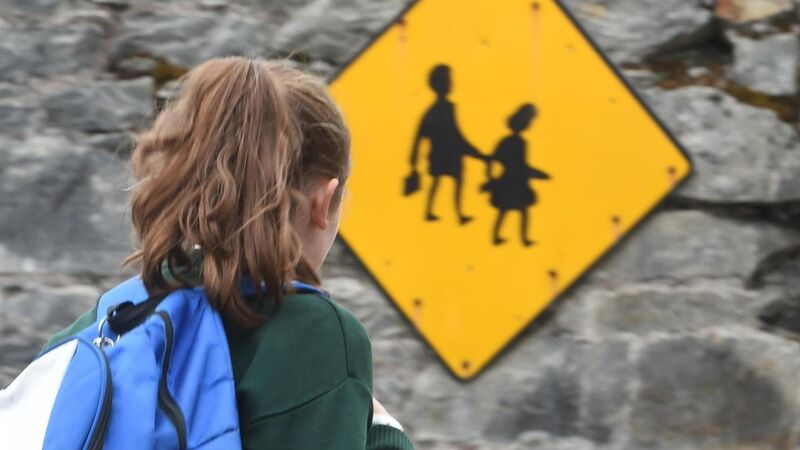Jess Casey: Why are nine out of 10 schools still under the patronage of the Catholic Church?

With almost nine out of 10 primary schools still remaining under the patronage of the Catholic Church, is the process to increase the number of multi-denominational schools here doing enough?Picture: Larry Cummins
Ireland’s demographics have changed.
Fewer of us now identify as Roman Catholic. The proportion of the population identifying as such has fallen from 91% in 1991 to 69% in 2022, according to the latest census.













